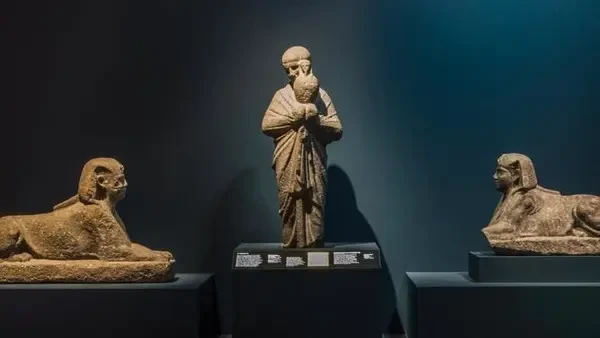The National Authority for Remote Sensing and Space Sciences successfully combats mosquitoes carrying diseases in the Red Sea
The President of the National
Authority for Remote Sensing and Space Sciences, Dr.
Islam Abu Al-Magd, revealed the results of the project "The Impact of
Climate Change on the Distribution of Aedes Transporting Diseases such as
Malaria and Dengue Fever," carried out by the Authority in cooperation
with the University of Ain Shams, to study the impact of climate change on the
spread of mosquitoes in the Red Sea region.
Dr. Islam Abu Al-Magd said that the most important findings were the
identification of vectors and the identification of populations at risk in Hurghada
and Quseer, as well as the production of maps of mosquito breeding environments
and the identification of the most common larva species in the Red Sea region.
Using sensory techniques, vector control was being improved, the incidence of
mosquito-borne diseases was being reduced and health services were being
improved for vulnerable populations.
The head of the Authority explained that remote sensing techniques were used to
study environmental factors that controlled the spread of vectors, such as
humidity, temperature, water, land cover and vegetation, noting that such
studies helped to develop vector control plans, identify the places most at
risk of disease and provide medical services to vulnerable populations.
Dr Islam Abu Al - Magd confirmed that the National Authority for Remote Sensing
and Space Science intended to continue using remote sensing techniques for
disease vector control and to develop new plans to control the spread of mosquito-borne
diseases.
Those efforts were in keeping with the directives of the Minister of Higher
Education and Scientific Research, Dr. Ayman Ashour, to research centres and
institutes that scientific research should serve society in all fields,
particularly in the areas of health and disease, in order to achieve the
objectives of the State's sustainable development (Egypt vision 2030).











